Accepting Vaccination: Why Change In Communication Strategy Turned The Tides
- Par Kimeng Hilton
- 27 janv. 2021 08:35
- 0 Likes
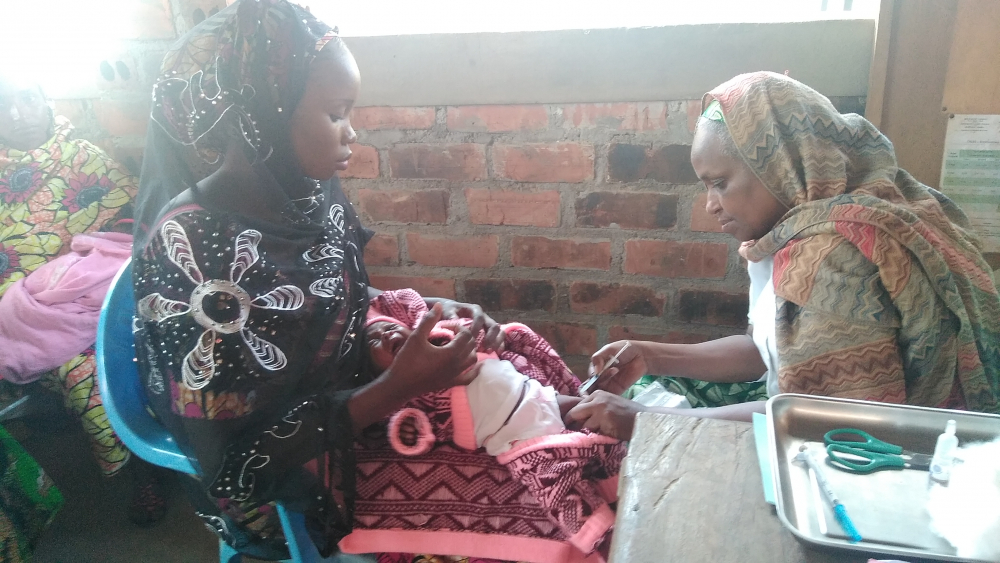
Some years back, Central African Republic refugees in Eastern Cameroon virtually rejected vaccination. Until community mobilisation was taken up by the refugees themselves, thanks to a rethink in communication strategy by UNICEF and its partners.
A growing number of Cameroonians regard vaccination with skepticism. This is partly explained by ignorance and the rumours often peddled on social media on the “demerits” or supposed risks of vaccination. Of late, the situation was worsened by the stance of two Roman Catholic Church dioceses whose bishops openly declared they would allow their female parishioners to be vaccinated against cervical cancer.
Unlike in the rest of Cameroon, the situation is quite different amongst Central African Republic, CAR refugees in Cameroon’s East Region. “These people have no problem whatsoever with vaccination!” says Meka Monique Blanche, a midwifery supervisor with the Africa Humanitarian Action, AHA aid organisation in Gado Badzere Refugee Camp. Located some 225 km from Bertoua, the regional capital, the camp now hosts over 25,000 refugees.
“Recently we carried out vaccination in the camp against Yellow Fever for both children and adults,” Monique recalls. “But we soon found ourselves in a fix. Since the finger nails of those who had already received the injectable vaccine were not marked, many refugee children kept coming back for second and even third injections!”
According to Monique, refugees believe that any injection, or “Baltal,” as they call it in their language, is important for health. It is therefore difficult, she notes, to find a child in the refugee camp who is not vaccinated. Neither do you hear of parents refusing their children from being vaccinated. Unlike some Cameroonians in Gado Badzere village who sometimes refuse vaccination, alleging that it will infect them with diseases, rather than prevent such.
But the newfound love for vaccination by CAR refugees was not easy in coming, notes Arthur Mesampito, Head of Communication with the East Regional Delegation of Public Health. He says when the refugees first arrived in Eastern Cameroon about 10 years ago, there was much reticence to vaccination. Especially when awareness was carried out by Cameroonian community health workers or volunteers from surrounding communities. “This was a major hindrance to vaccination campaigns in camps,” Arthur recalls.
“When the causes were identified - with the support of the United Nations Children’s Fund, UNICEF and other partners - we decided to choose from amongst the refugees, leaders who could sensitise well,” he says. Still with UNICEF’s technical and financial support, the Expanded Programme on Vaccination, EPI, together with health districts in the East Region with refugee camps and settlements, then trained CAR refugees as community mobilisation agents.
“With this rethink in communication strategy, refugees began responding to vaccination campaigns in their numbers. And the momentum has been sustained right to this day. Each time there is a vaccination campaign in a refugee camp, people always turn out massively to receive their vaccines,” says Arthur with a broad smile. But quickly adds: “It is shameful to note that such ...
Cet article complet est réservé aux abonnés
Déjà abonné ? Identifiez-vous >
Accédez en illimité à Cameroon Tribune Digital à partir de 26250 FCFA
Je M'abonne1 minute suffit pour vous abonner à Cameroon Tribune Digital !
- Votre numéro spécial cameroon-tribune en version numérique
- Des encarts
- Des appels d'offres exclusives
- D'avant-première (accès 24h avant la publication)
- Des éditions consultables sur tous supports (smartphone, tablettes, PC)






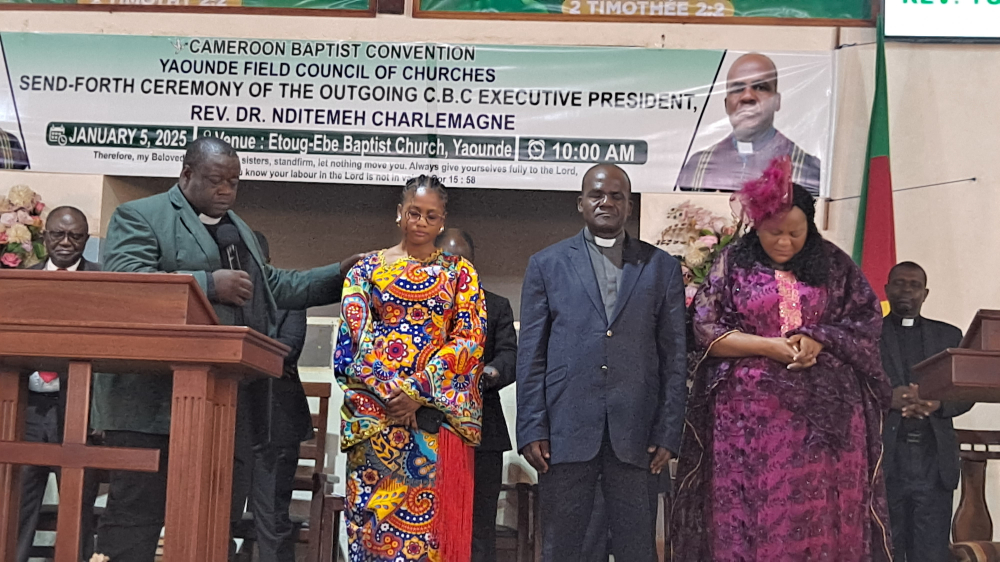
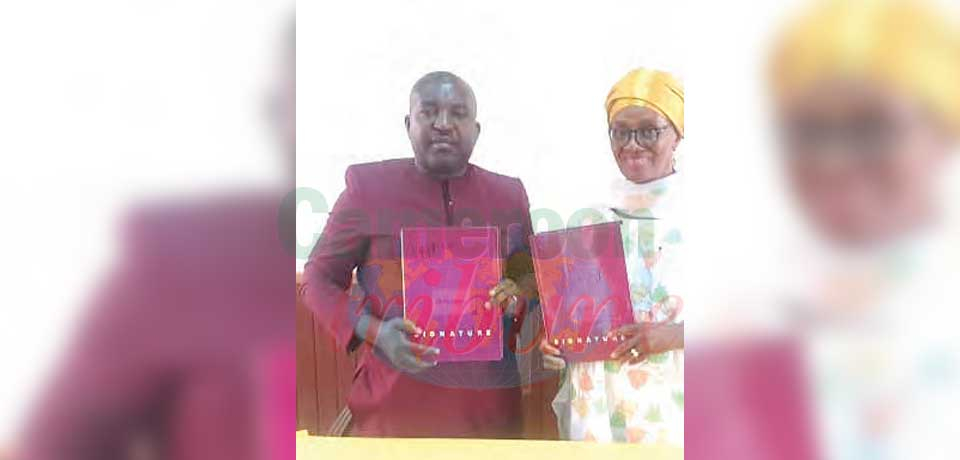
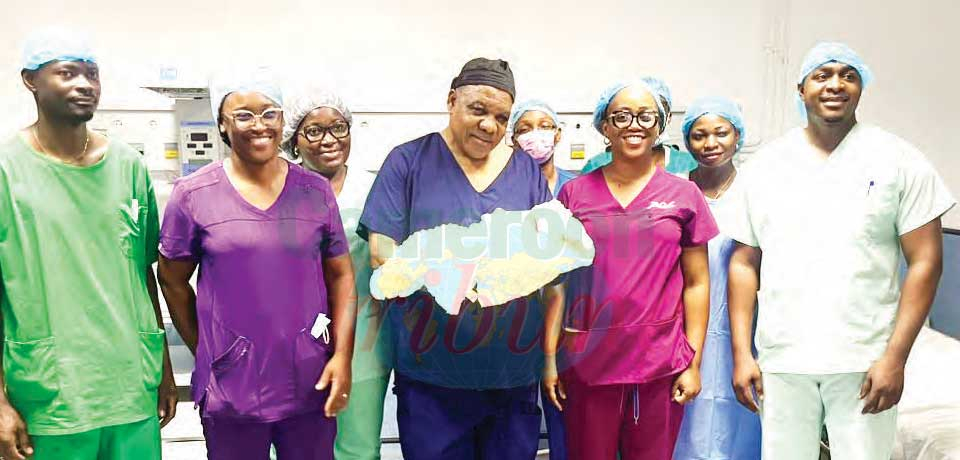
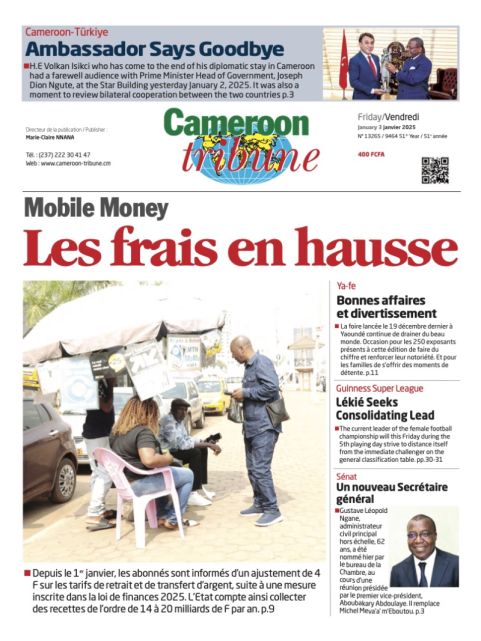




Commentaires